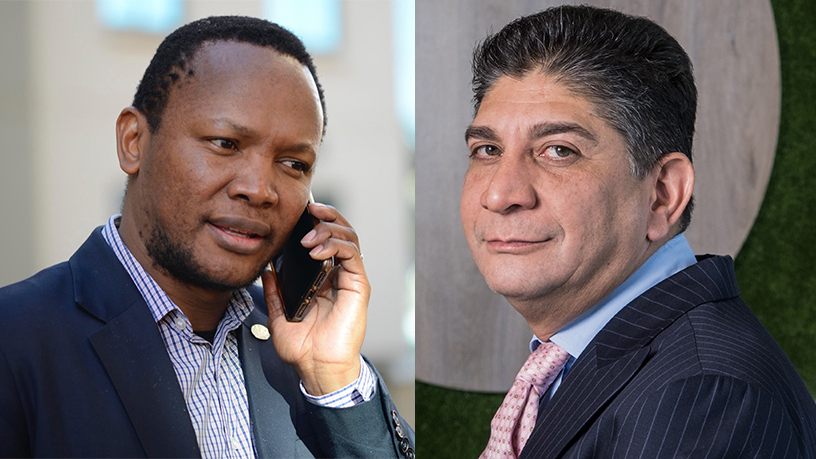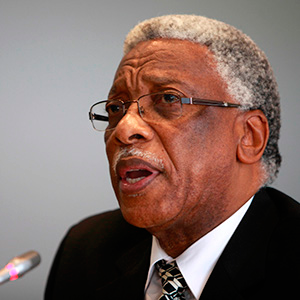Introduction
The legal battle between former Vodacom employee Bulelani Makate and the telecommunications giant Vodacom is a significant case that has captured national attention in South Africa. At the heart of this conflict is the question of compensation for Makate’s invention of the “Please Call Me” service, which has revolutionized mobile communication in the country. The outcome of this case has far-reaching implications, not only for the parties involved but also for the South African telecommunications industry, as it raises critical issues concerning intellectual property rights and fair compensation for innovation.
The Background of the Case
Bulelani Makate, who devised the “Please Call Me” concept in 2000, has been embroiled in a legal struggle with Vodacom for years, following his termination from the company in 2008. After years of litigation, the Constitutional Court ruled in favor of Makate in March 2021, determining that Vodacom must negotiate a reasonable compensation payable to him for the service he created. This decision came after an earlier high court ruling that recognized Makate as the rightful inventor. However, the negotiations over the compensation amount have proven to be a contentious issue.
Recent Developments
In recent months, discussions have continued between Makate and Vodacom regarding an appropriate settlement figure. However, both parties have expressed frustration with the pace of negotiations. Makate has voiced concerns that Vodacom has not taken the negotiations seriously and has been slow to respond to proposals. While Vodacom remains committed to resolving the matter, they have suggested that the compensation could range significantly based on various assessments.
Implications for the Telecom Industry
The outcome of the Makate-Vodacom case could set a precedent for future cases involving employee inventions within South Africa and beyond. If Makate is awarded a significant sum, it may encourage greater clarity and fairness in the telecom sector regarding how employees are compensated for their innovations. Furthermore, it could lead to other tech and telecom professionals demanding similar recognition and compensation rights for their contributions, altering the dynamics of corporate innovation within these industries.
Conclusion
The Makate vs Vodacom case remains a poignant example of the challenges faced by inventors in securing their rightful compensation. As negotiations continue, all eyes remain on both parties to see how they will resolve this issue. The results of this case will not only affect Makate personally but could also shape the future landscape of intellectual property rights in South Africa, fostering a culture of respect and fair remuneration for intellectual contributions in the business world.

